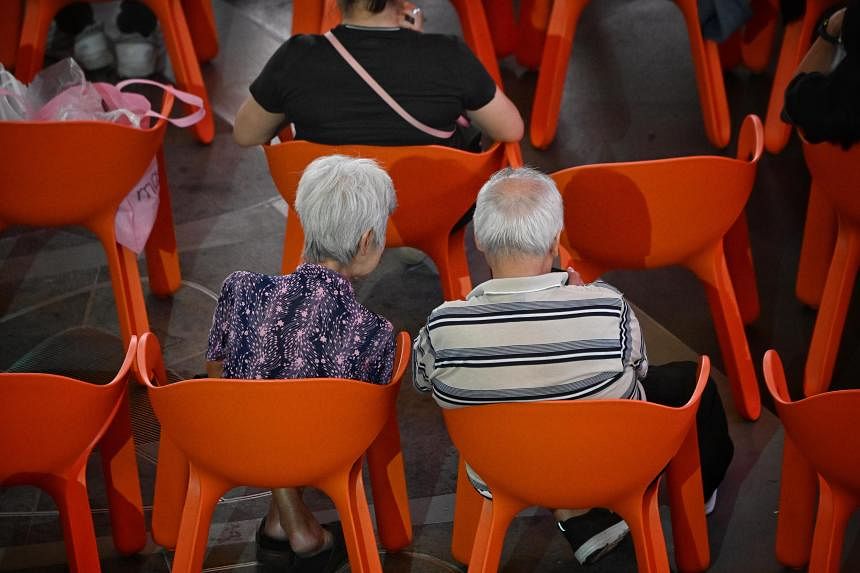Good mental health can improve longevity: Local study

SINGAPORE - Good mental health can help enhance longevity despite poor physical health, a study of the Chinese elderly here has found.
The study – by the National University of Singapore’s Yong Loo Lin School of Medicine (NUS Medicine) and the NUS Faculty of Arts and Social Sciences – looked at 1,000 Chinese Singaporeans between the ages of 85 and 99.
It is part of the Singapore Chinese Health study, a longitudinal study which has tracked subjects for more than two decades.
The findings were published in the International Journal Of Experimental, Clinical, Behavioural And Technological Gerontology in December.
Participants were examined for objective markers such as the absence of chronic diseases like diabetes and cancer, as well as independence shown in daily activities.
They were also assessed based on subjective criteria such as cognition and ability to cope with activities of daily living, as well as happiness with relationships and life.
Such markers are commonly used to define successful ageing in gerontology, NUS noted in a media statement.
Based on these markers, participants were grouped into four categories – fit and positive, fairly fit and neutral, frail but resilient, as well as frail and dejected.
Those in the first three categories were more likely to perceive themselves as financially adequate, and to be engaged in weekly exercise.
Participants were followed for an average of three years, and their survival was tracked. During that time, 151 deaths were recorded.
The fit and positive group – who made up 43.9 per cent of participants – scored the highest probability of survival, followed by those who were fairly fit and neutral who accounted for 17.3 per cent of the participants.
The frail and dejected group, comprising 13.4 per cent of the cohort, had the lowest rate of survival.
Those defined as frail but resilient lived longer than those who were frail and dejected, with a 37 per cent lower mortality risk. This group – which scored poorly in objective indicators such as chronic diseases, but well in subjective indicators such as happiness with life and social engagement – made up 25.4 per cent of the participants.
This is evidence of the benefit of a “positive psychological state against physical, functional, and activity limitations”, the study said.
A positive attitude and high satisfaction with life have been linked to reduced inflammation and better immunity, and thus a higher rate of survival, said Professor Koh Woon Puay, a senior scientist in the Healthy Longevity Translational Research Programme at NUS Medicine.
While she cautioned that the findings should not be extrapolated to draw conclusions about the wider community, Prof Koh – who is also principal investigator of the Singapore Chinese Health Study – said they provide evidence that better psychological adaptation to declining health may offset the impact of ageing.
“Families can do their part to help build a spirit of resilience in seniors, so that they can live longer and enriching lives,” said Associate Professor Feng Qiushi from the NUS Faculty of Arts and Social Sciences, an author of the study.
The researchers are now expanding their scope, with a study looking at Singaporeans in their 70s of different races.
Join ST's Telegram channel and get the latest breaking news delivered to you.






No comments:
Post a Comment